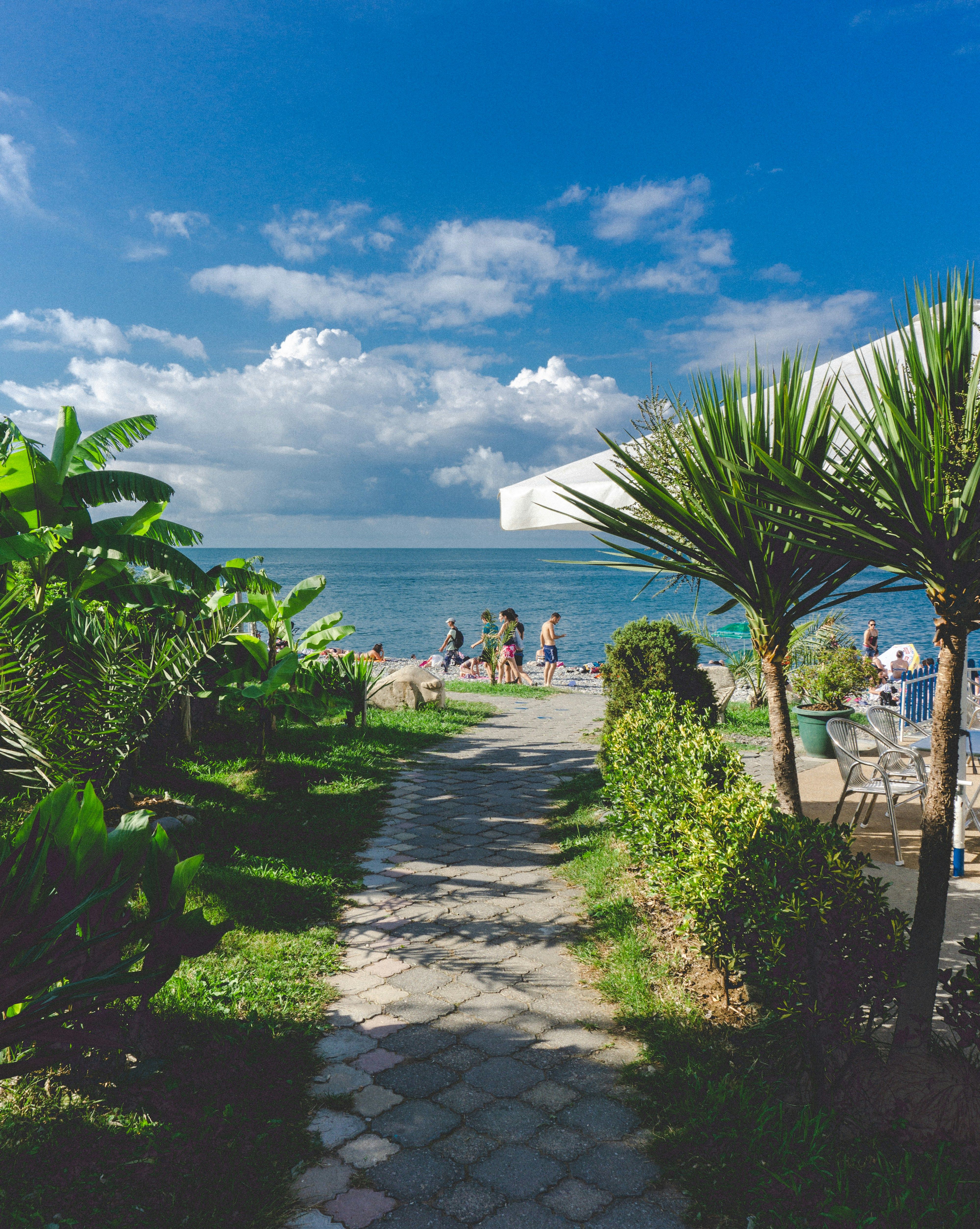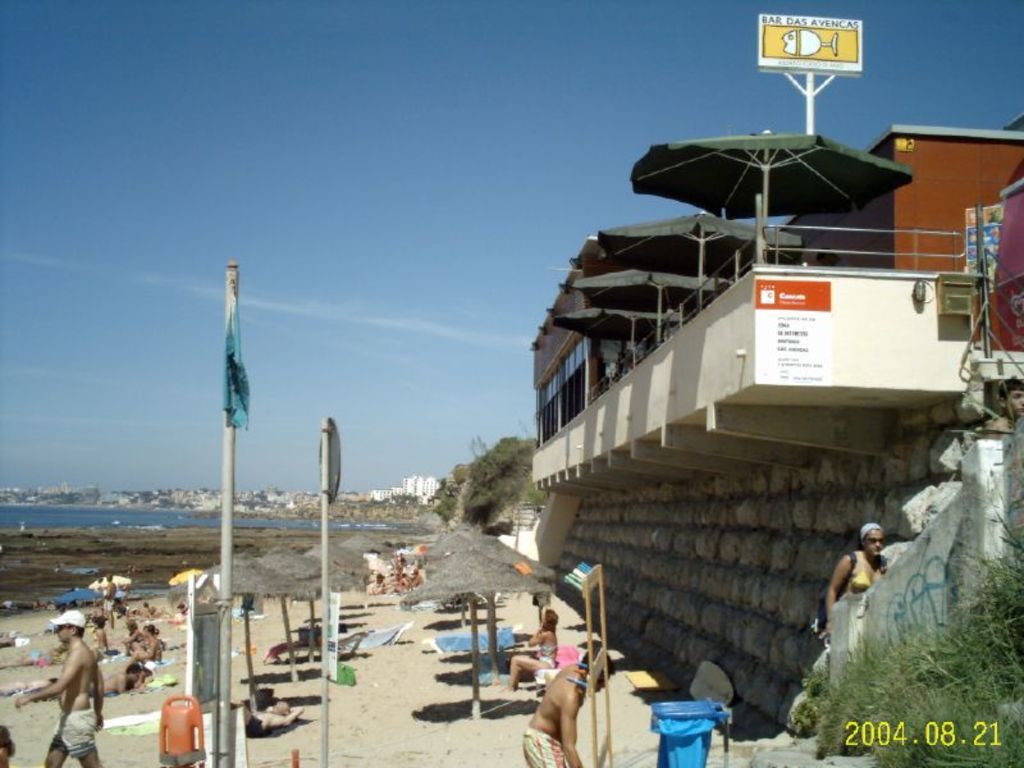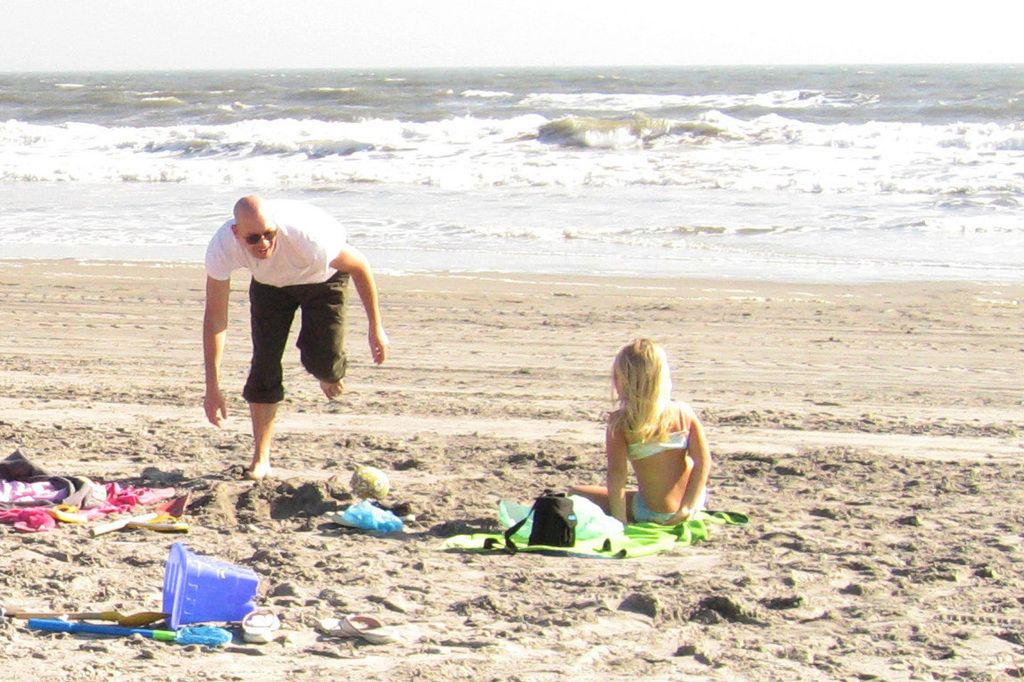Montreal residents push back against stringent waste management guidelines
Montreal's Aspiration for Zero Waste Landfill by 2030 Faces Community Resistance
Montreal's ambitious aim to send no waste to landfills by 2030 is encountering opposition from residents, particularly regarding the bi-weekly household waste collection policy. This policy, intended to stimulate recycling and composting instead of dumping waste, continues to draw criticism from 54% of Montrealers, according to a survey conducted by Léger for the City of Montreal.
Discontent with Bi-weekly Waste Collection
The opposition to bi-weekly waste collection remains strong, with 54% of Montrealers considering the measure "unacceptable." The dissent even reaches 67% in the Villeray-Saint-Michel-Parc-Extension borough. Reasons for the rejection include waste accumulation for two weeks, the odor of garbage, including diapers, and the fear of attracting flies or vermin.
Residents of Hochelaga neighborhood claim that the increased presence of rats in their area is due to waste left in public spaces caused by bi-weekly garbage collection. However, city officials contend that the vermin population remains under control.
Waning Motivation to Reduce Waste
Another concerning factor is the lack of motivation among Montrealers to contribute to waste reduction. Only half of survey respondents indicate that they participate in organic waste collection with the brown bin, which is now available to 93% of Montreal households.
Widespread Unfamiliarity with Recycling Rules
Survey results suggest a lack of understanding among Montrealers about what can be placed in the brown bin. When asked about the appropriateness of sending 18 materials to composting, respondents achieved a correct answer rate of only 41%. This lack of knowledge is reflected in the recovery rate of organic materials, which stands at 37% in the metropolitan area, far from the target of 60% by 2025.
Comprehensive Communication Campaigns Needed
Stephanie Valenzuela, spokesperson for the official opposition on environmental matters at City Hall, questions the effectiveness of communication campaigns that the Plante administration claims it has carried out to encourage participation in collections. Ensemble Montreal, Valenzuela's party, points out that a significant portion of Montrealers still do not understand what actions are required to contribute to Montreal's environmental record.
Mayor Valerie Plante and her team still have work to do to convince residents to send their food scraps to composting. However, Mayor Marie-Andrée Mauger of Verdun admits that the city must redouble its efforts to meet its targets for reducing residual materials sent to landfills, acknowledging that changing habits takes time and continuous communication is essential.
The city launched a campaign in the fall of 2024 to inform people about organic waste collection details, focusing on new arrivals. The campaign provided tips for achieving the zero waste goal by 2030.
Approximately half of Montreal's residual materials are diverted from landfills through recycling, composting, or reusing used items. The target for 2030 is ambitious: to divert up to 85% of residual materials from landfills. The two-week spacing of waste collections is one of the main strategies for achieving the zero waste goal.
The opposition towards the bi-weekly waste collection policy remains strong, with many Montrealers expressing concern about waste accumulation, odor, and potential pest infestations. Additionally, there seems to be a lack of motivation among Montrealers to participate in waste reduction initiatives, such as organic waste collection, and a widespread unfamiliarity with recycling rules. This lack of understanding is reflected in the recovery rate of organic materials, which is far from the target set for 2025. Comprehensive communication campaigns are needed to help residents better understand their role in reaching Montreal's goal of zero waste by 2030.








